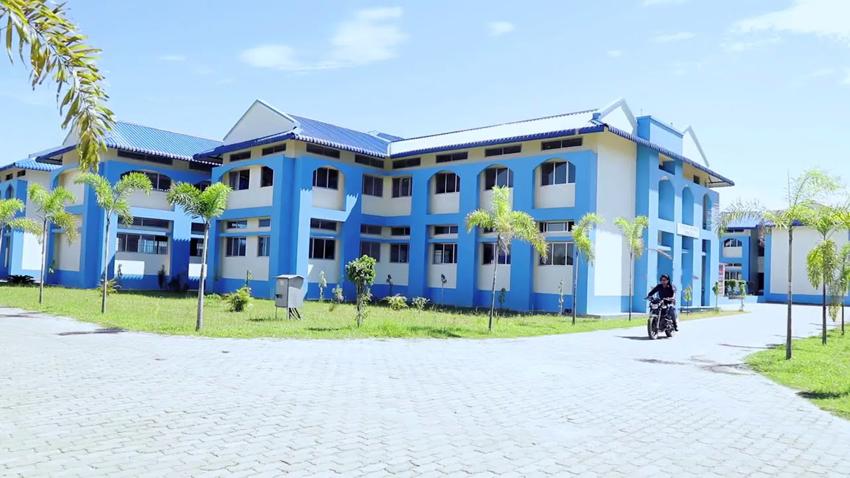
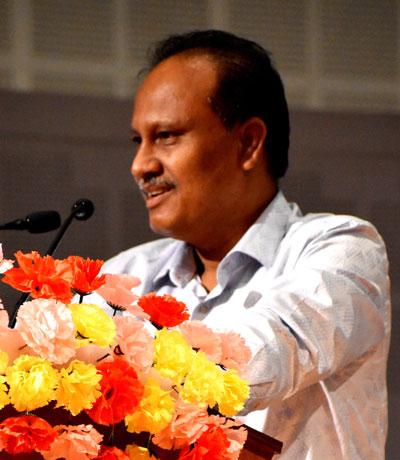
I am happy to learn that College of Fisheries, Raha is on the verge of opening its own website and thus the College is all set to move a step forward towards excellence in teaching, research and extension activities. After 3 decades of its existence, the College has made tremendous strides in the field of fisheries education and aquatic science. The 21st century has become the era of digital transformation, be it at our home, society, industries and educational institute.
Read More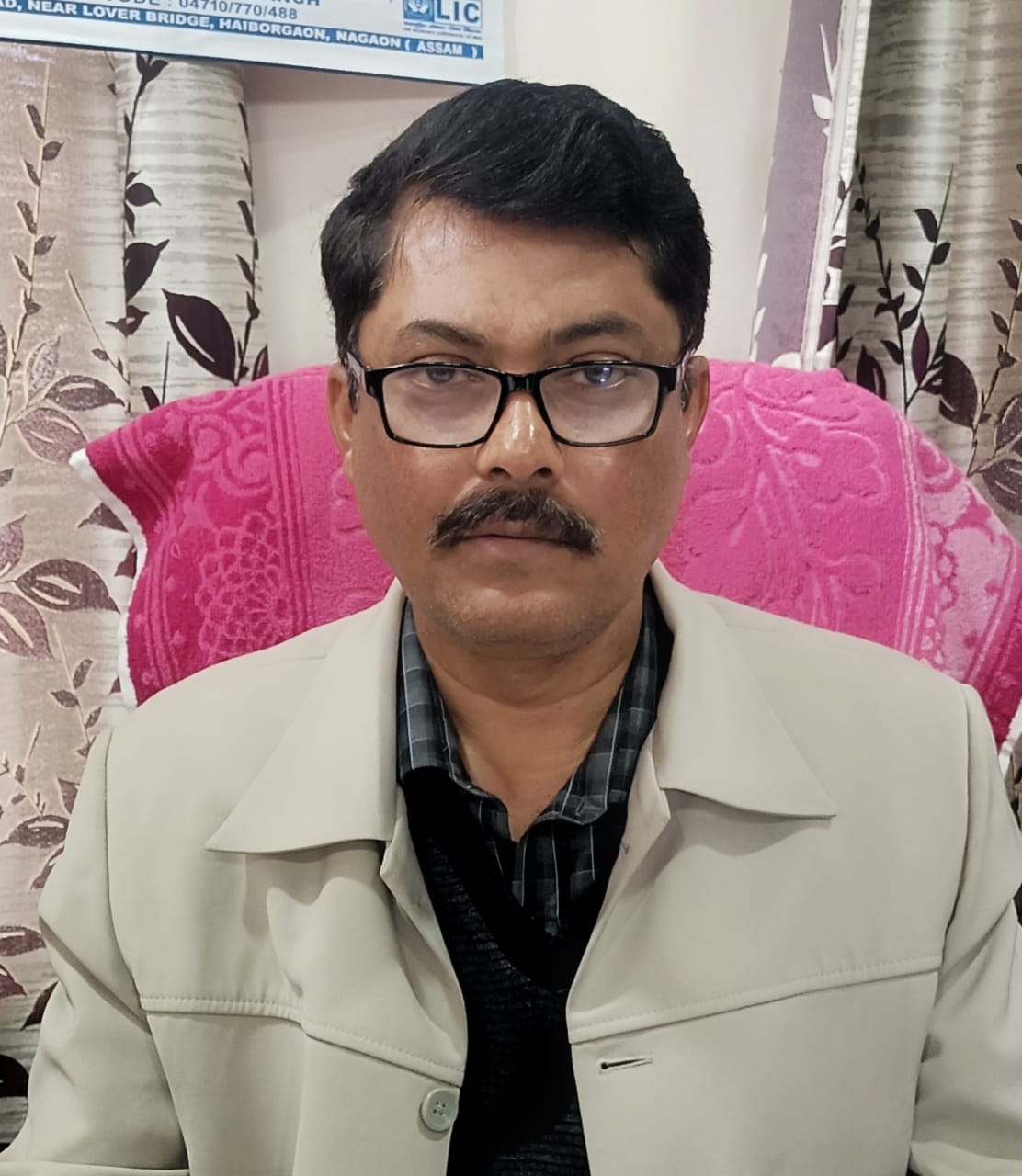
The foundation of the Fisheries College under Assam Agricultural University (AAU) began in 1982 when the Region-II Committee of the Indian Council of Agricultural Research (ICAR) convened at AAU’s Jorhat main campus. During this meeting, it was decided that AAU would prepare a proposal to establish a Fisheries College, addressing the growing need for specialized education in fisheries within Assam.
Read More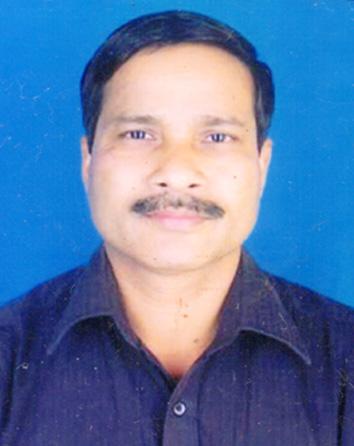 Dr. Kamaleswar Kalita
Dr. Kamaleswar Kalita
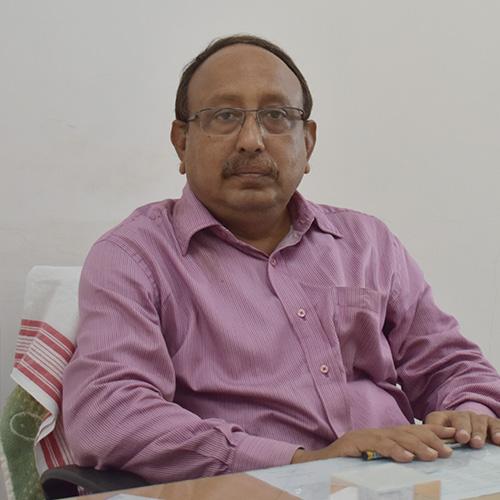 Dr. Dipak Kumar Sarma
Dr. Dipak Kumar Sarma
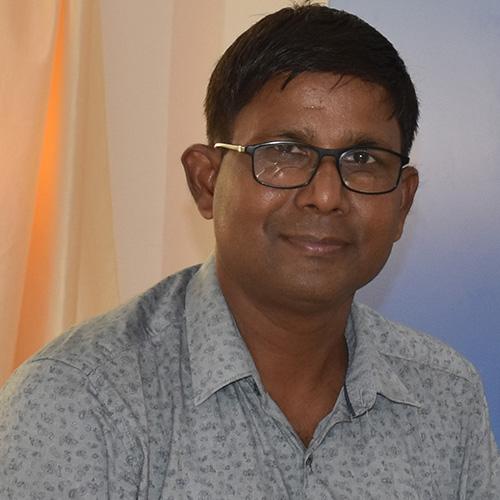 Dr. Pabitra Kumar Saharia
Dr. Pabitra Kumar Saharia
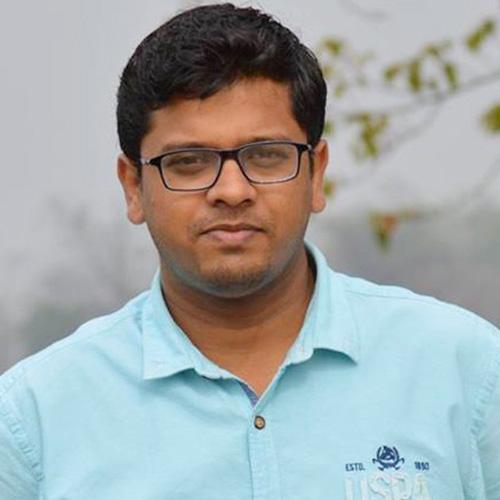 Mr. Kaustabh Bhagawati
Mr. Kaustabh Bhagawati
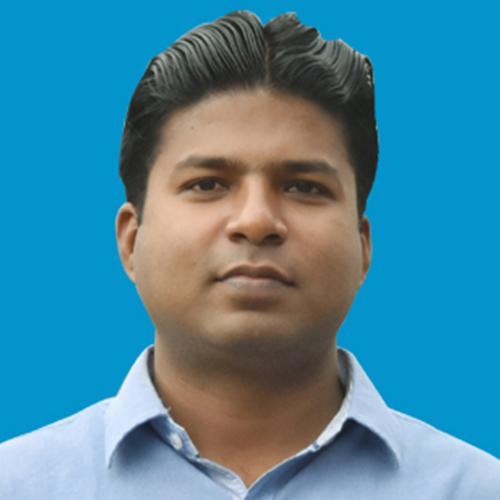 Mr. Sangipran Baishya
Mr. Sangipran Baishya